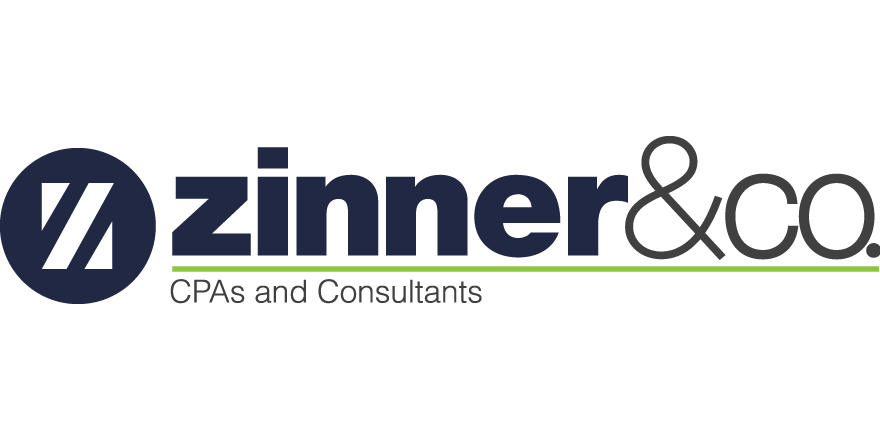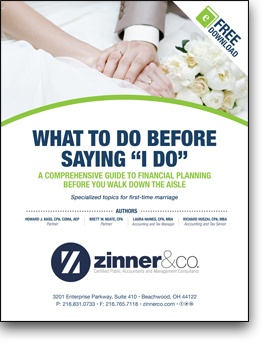Since last March, our world dramatically changed in many ways! Based upon all of the changes that have been thrust upon us, what have we learned about the following areas of concern that we may not have thought about pre-COVID, regardless of age?
-
-
If I am unable to communicate on my own, do I have all of the necessary legal documents in place to address my wishes? Do I have a will? Do I need a trust?
-
Have I thought about my healthcare wishes if I become unable to make my own medical decisions? Do I have a Living Will and Healthcare Power of Attorney in place?
-











